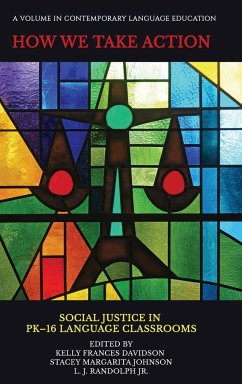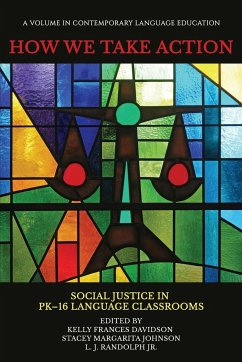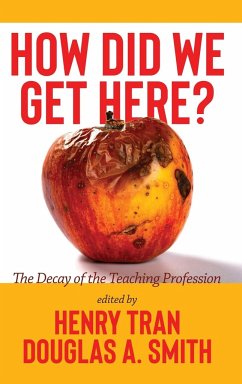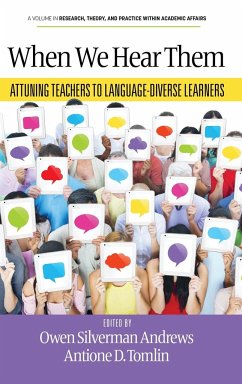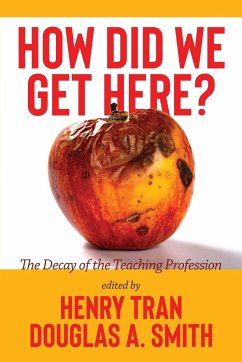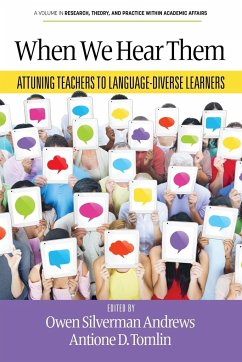How We Take Action brings together practical examples of social justice in language education from a wide range of contexts. Many language teachers have a desire to teach in justice-oriented ways, but perhaps also feel frustration at how hard it is to teach in ways that we did not experience ourselves as learners and have not observed as colleagues. As a profession, we need more ideas, more examples, and wider networks of allies in this work. This book includes the work of 59 different authors including teachers and researchers at every level from Pre-K to postsecondary, representing different backgrounds, languages, and approaches to classroom practice. Organized into three sections, some of the chapters in this collection report on classroom research while others focus on key practices and experiences. Section I is entitled Inclusive and Empowering Classrooms. In this section authors take a critical approach to classroom practices by breaking with the status quo or creating spaces where students experience safety, access, and empowerment in language learning experiences. Section II, Integration of Critical Topics, addresses a variety of ways teachers can incorporate justice-oriented pedagogies in day-to-day instructional experiences. Social justice does not happen haphazardly; it requires careful, critical examination of instructional practices and intentional planning as instructors hope to enact change. Section III, Activism and Community Engagement, explores how teachers can empower students to become agents for positive change through the study of activism and constructive community engagement programs at local and global levels.
Hinweis: Dieser Artikel kann nur an eine deutsche Lieferadresse ausgeliefert werden.
Hinweis: Dieser Artikel kann nur an eine deutsche Lieferadresse ausgeliefert werden.

